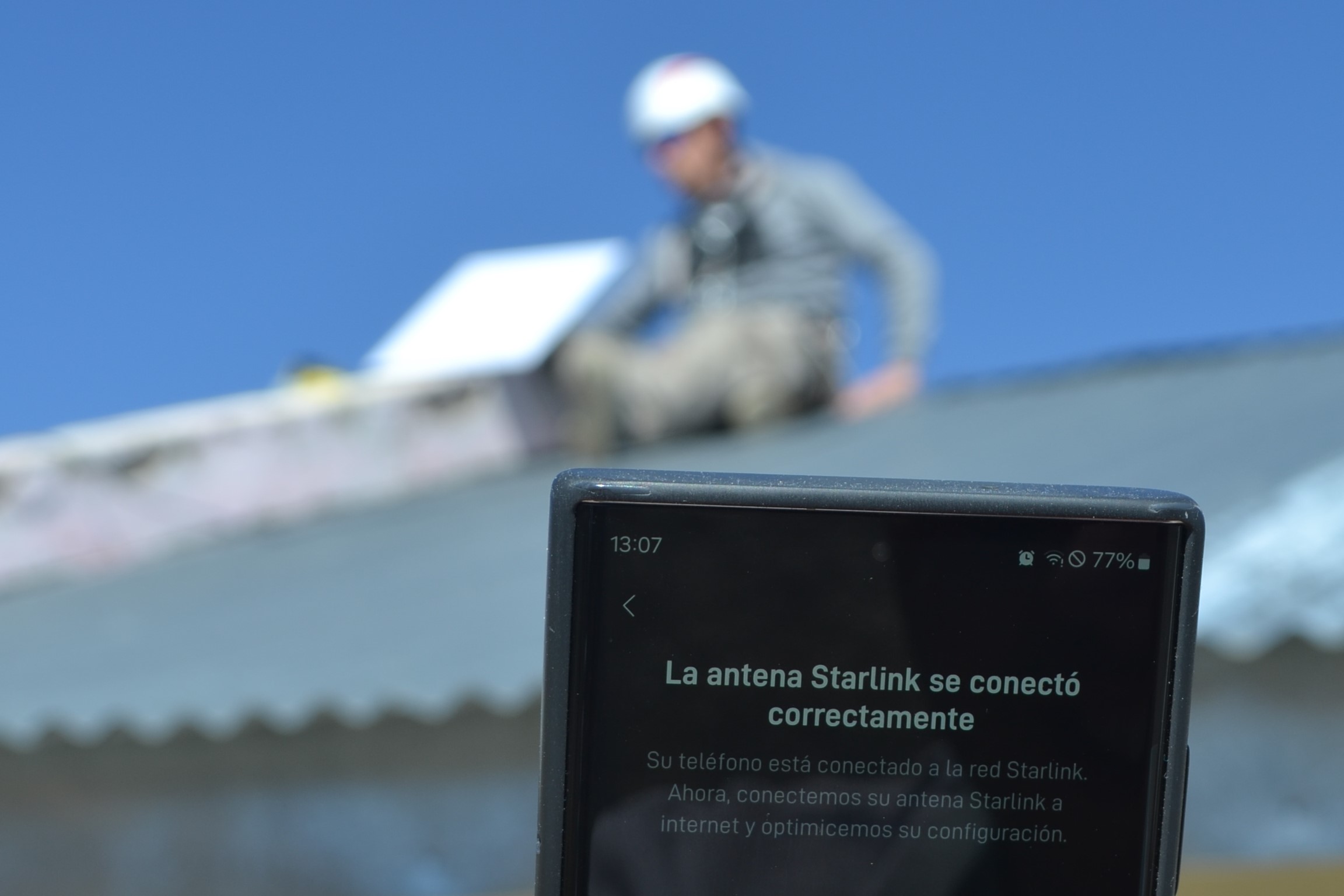Like many early-stage founders seeking capital today, Dipo Ojo, founder of Trippa, a logistics startup, has been inundated with investor advice to “build for Africa.” Since he started fundraising in April, investors have urged him to demonstrate traction, prove scalability, and show that his marketplace model can quickly work across multiple markets.
While it is unrealistic to expect every African startup to follow the same blueprint since the continent’s markets are too diverse for a one-size-fits-all model, investors have been consistent in demanding sustainability and global reach, according to the founders I spoke to for this story.
“From where I stand, investors talk of building for Africa, but what they often really want to see is a clear path to scale across regions,” Ojo said. “It’s all about solid unit economics now, and they’re paying close attention to how you plan to navigate regulation, because hoping the government plays nice is not a strategy.”
Across multiple sectors, investors now expect startups to prove their ability to scale globally, regardless of where they were founded. The irony is that company ideation, formation, product development, and customer relations remain deeply shaped by local contexts. Yet, investors want founders to act locally to solve problems but think globally from the first day.
“Founders should focus on building solutions that solve fundamental problems for people who can pay for them – whether that’s in Africa, Europe, or America,” said Uwem Uwemakpan, head of investment at Launch Africa, a pan-African firm with over 133 startups in its portfolio. “What matters most is having a scalable business model with a clear path to expand your customer base over time.”
For founders, a scalable business model means accounting not just for the cost of building their product but also the infrastructure it must run on, which is often expensive, underdeveloped infrastructure that startups themselves must create or subsidise.
“Your business model must allow you to profitably cover these costs while serving your customer,” said Samuel Frank, an associate at Sahara Impact Ventures, a $30 million fund. “It will show if you are building with operational and cost efficiency in mind when your business model is put under the microscope.”
But to “build for Africa” means different things depending on the investor. Venture capital is a highly opinionated business, and preferences diverge. Some investors push startups to expand into multiple markets quickly, while others argue the real prize lies in dominating the home market. The latter points to examples like Interswitch, which still earns over 95% of its revenue from Nigeria despite having expanded beyond the country since 2011.
“The problem you’re solving has to be big enough. If your local market is not big enough to build a significant business as your primary market, then I’d ask whether you should even be building. If you have to expand just to make $10 million, then there’s no point,” said Fisayo Durojaiye, a startup investor.
One consequence of the building for Africa thinking is that investors across Africa now overwhelmingly back startups that solve immediate problems and generate revenue from day one, citing the continent’s relatively small, price-sensitive consumer base.
That bias toward early revenue comes with a cost, widening the funding gap for pre-revenue startups—those still in product development or experimenting with models—that could otherwise mature into category-defining businesses.
However, with many funds that were raised during the early 2020s now fully deployed or nearing the end of their deployment cycle, investors are facing mounting pressure to deliver returns or risk not raising a second fund from limited partners when they return to market.
This pressure is dictating the narrative of building for Africa, as African startups’ historical performance has not led to investor confidence. The scarcity of capital returns stems from the infrequency of startup exits in Africa. Between 2019 and 2024, only 138 venture-backed exits (less than 5% of deals) occurred across the continent, with 84% of them coming from acquisitions.
Without multiple venture-scale returns, fund managers will keep backing safe bets that can guarantee liquidity. While founders might disagree with aspects of the build for Africa mentality, it is hard to argue against history.
“If we’re building for Africa, then investors should also be funding for Africa with all its complexities, not with Silicon Valley expectations pasted onto unpredictable ecosystems, but with a mindset that embraces bold ideas that are scrappy, localised, and imperfect but real,” Ojo, Trippa’s co-founder, said.
Mark your calendars! Moonshot by is back in Lagos on October 15–16! Join Africa’s top founders, creatives & tech leaders for 2 days of keynotes, mixers & future-forward ideas. Early bird tickets now 20% off—don’t snooze! moonshot..com










